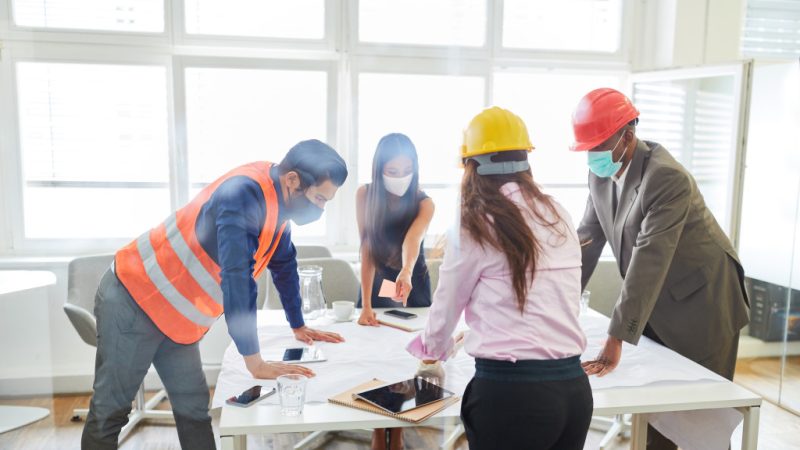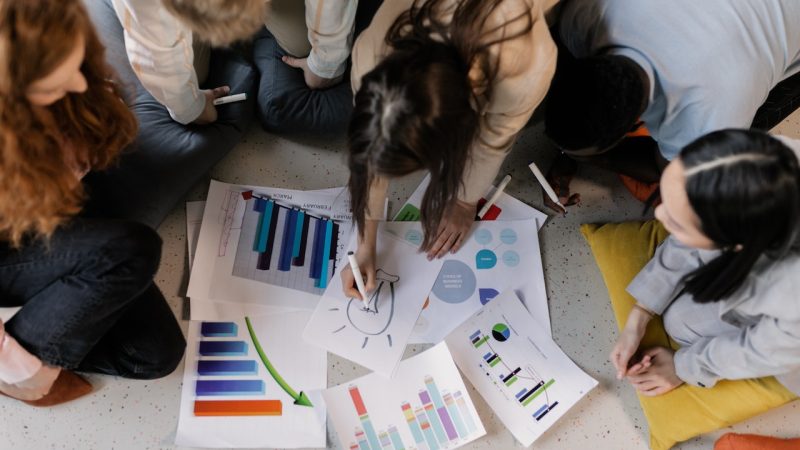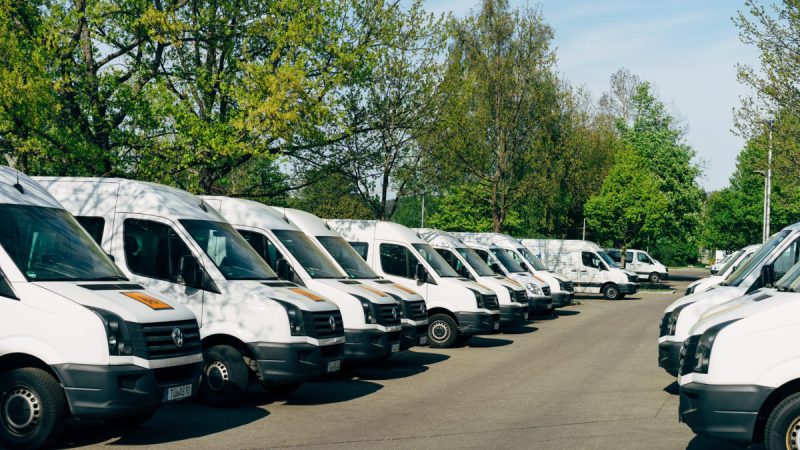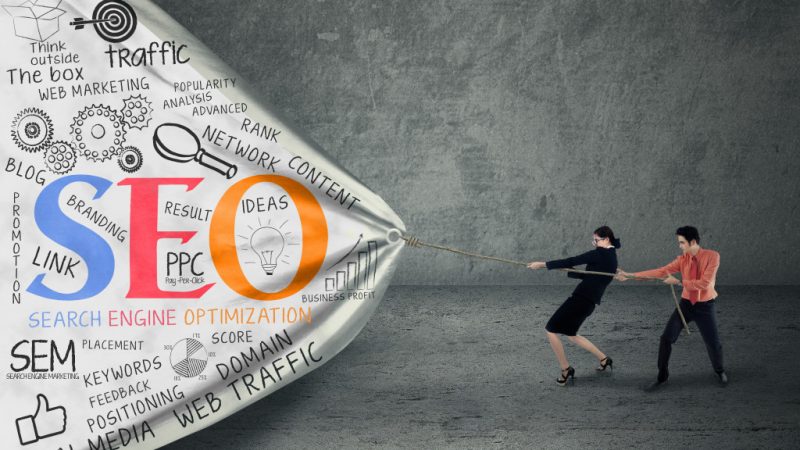Sustainability Is the Ultimate Business Takeaway from the Pandemic
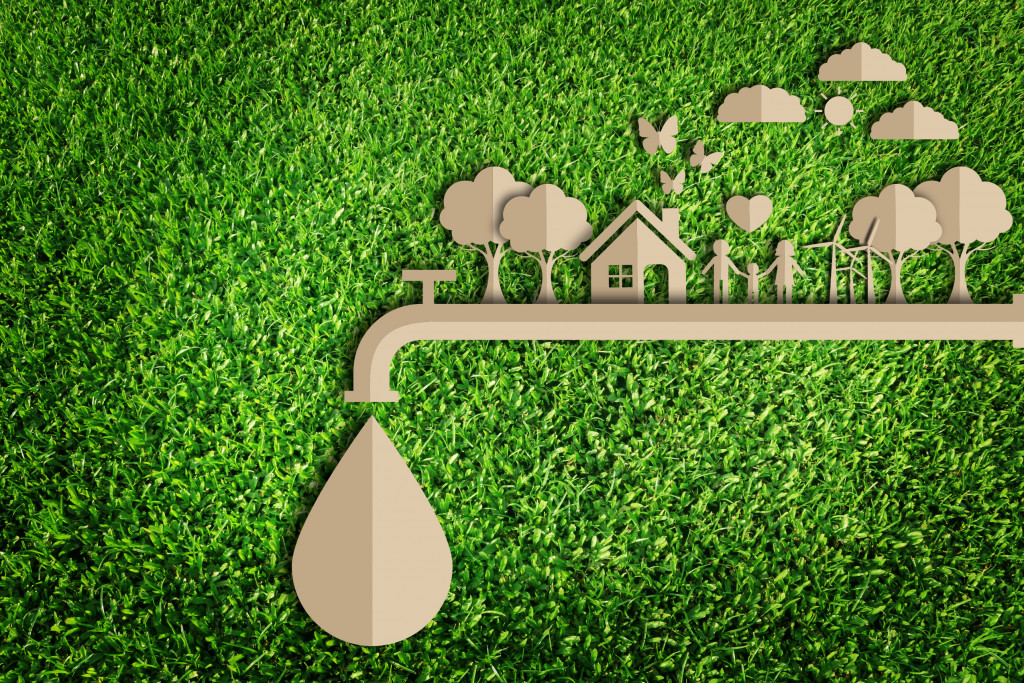
November 2020 gave us the one piece of coronavirus-related news we’d all been eagerly anticipating: a breakthrough on the vaccine frontier. With the thought of a cure finally on the horizon, some of the anxiety could be lifted from our minds. The crisis wasn’t over, but an end was in sight.
This can be a welcome relief for businesses struck by the pandemic. Yet, in truth, the vaccine developments change nothing. We knew it was a matter of if, not when. And we still know that effectively distributing and administering enough doses is the real challenge.
Markets may have rallied, but businesses need to learn from this crisis. We can’t go back to old models predicated on boundless consumption. Every business must now return to the table with a genuine, effective commitment to sustainability.
Rethinking how to do business
Consumer behavior inevitably changes during a downturn. Certain segments might continue to spend indifferently, as though nothing had happened. But the majority of people will adjust their consumption.
Most households have had to deal with the loss of income, either directly through layoffs or indirectly, as the companies struggle to offer significant incentives to work-from-home teams. They focus on the essentials. Even high-end audiences with a stable cash flow are warier of conspicuous luxury spending.
The carry-over effect is that businesses, in turn, face financial constraints. Amid the uncertainty of this crisis, leaders must process critical decisions that could affect all stakeholders. They need to survive in the short term while also considering long-term survival. Many companies have had to rethink their value proposition and organizational models completely.
A sustainability crisis
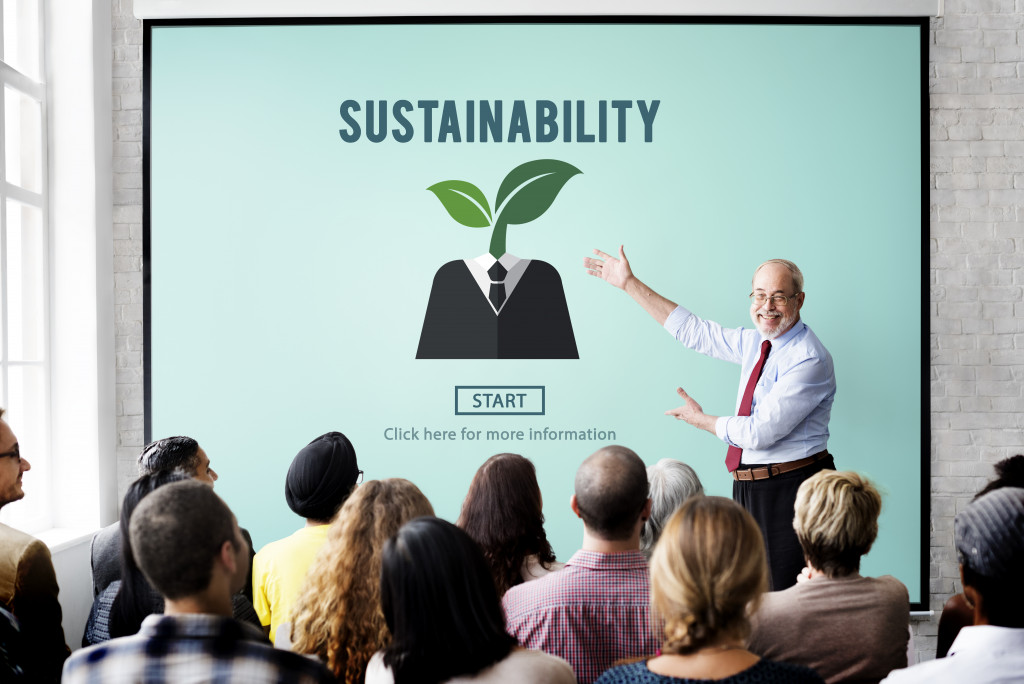
On the surface, Covid-19 is entirely a human tragedy, and it calls for greater public health and safety measures. But underneath the obvious storylines, the pandemic is really all about climate change and sustainability.
The coronavirus likely originated from unregulated, illegal wildlife trade. Its spread was facilitated by our vast global transportation network, a major source of emissions. Climate change also exacerbates existing health conditions, making many people more susceptible to the effects of Covid-19.
Sustainability has been a major concern among consumers for years now. It’s only going to increase as the threat of the pandemic recedes, giving people room to focus on root causes and other global issues.
The problem is that businesses have so far taken only half-measures in this regard. Your company probably has several green initiatives of its own. But they are often ineffective because they don’t address true sustainability.
Creating value from circular economies
Currently, companies only work towards sustainability within the context of their bottom line. Yet true sustainability is defined by assessing your business operations against thresholds of economic, social, and environmental resources. In the new reality, that’s only possible by rethinking your value creation along the circular economy lines.
It’s standard practice in the hospitality industry, for instance, to outsource matters such as hotel interior design and other aesthetics to expert designers. It lets you focus your resources on running the business and other core competencies to drive value.
The obvious pivot amid the pandemic is to invest those resources in a system that would make guests feel safer about checking in. Going fully contactless, reducing maximum occupancy, and cleaning with robots all address this need.
But thriving in the future will have to entail a circular economy. For this industry, that could mean offering zero-kilometer menus or electric vehicles for their guests. It definitely includes strategies for reduced consumption, renewable resources, and recycling of materials used for construction and decor.
Do any less, and you fail to operate sustainably. Moreover, you fail to provide value in the eyes of an increasingly conscious and responsible audience. The real takeaway from the pandemic is how and when you can transition to a circular economy.

